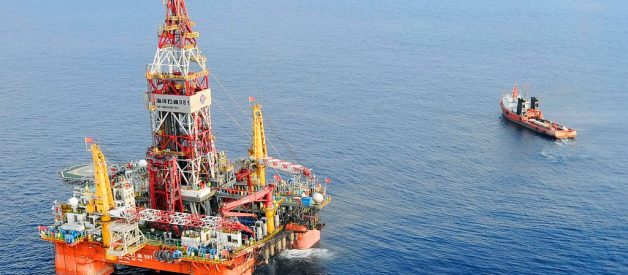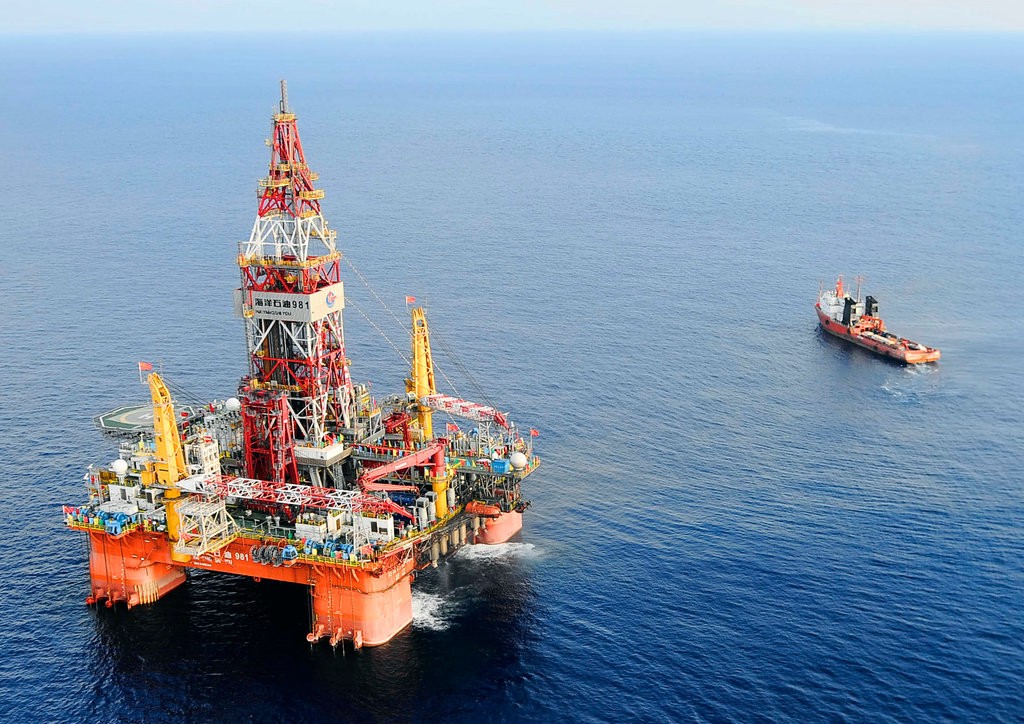
As you can imagine, oil has been extracted from the underground deposits all over the world for a lot longer than one can expect. In fact, the first reference to the rudiments of the petroleum industry dates back at 347 AD, when the Chinese were drilling oil from wells about 800 feet deep. While the active exploration of oil deposits and their mass exploitation began in 18th-19th centuries, the fact that oil as a natural resource was discovered more than 2 thousands years ago and employed by our ancestors ever since provides a clear understanding that a significant part of the onshore oil wells is already exhausted.
However, the humanity?s dependence on fossil fuels and oil-based products in particular continues despite the developing green energy technologies and their implementation in our daily lives. Therefore, to be able to keep up with the market?s demand and satisfy the oil consumption needs, geologists, engineers and those, who?re engaged in the petroleum industry otherwise, embarked on the deepwater oil drilling.
The search for new oil reserves brought them to the ocean. The deep waters surprised with extraordinarily rich wells, but also challenged with the difficulties related to the offshore oil search and drilling. The new undertaking demanded the improvement of the existing oil drilling technologies employed for the then conventional onshore drilling and the development of new comprehensive and innovative solutions for the oil industry, that would allow for safe and effective deepwater drilling.
Obviously, offshore oil drilling is a widespread thing right now, but that doesn?t mean that the industry still has to combat certain challenges when it comes to this sphere of production. Being rather important for the world?s economy and the well-being of nations, who largely rely on petroleum export, the extraction of oil from beneath the ocean?s bottom (the shelf, for instance) has a number of risks and benefits to it. Let?s discover them together and debunk some of the deepwater oil drilling myths.
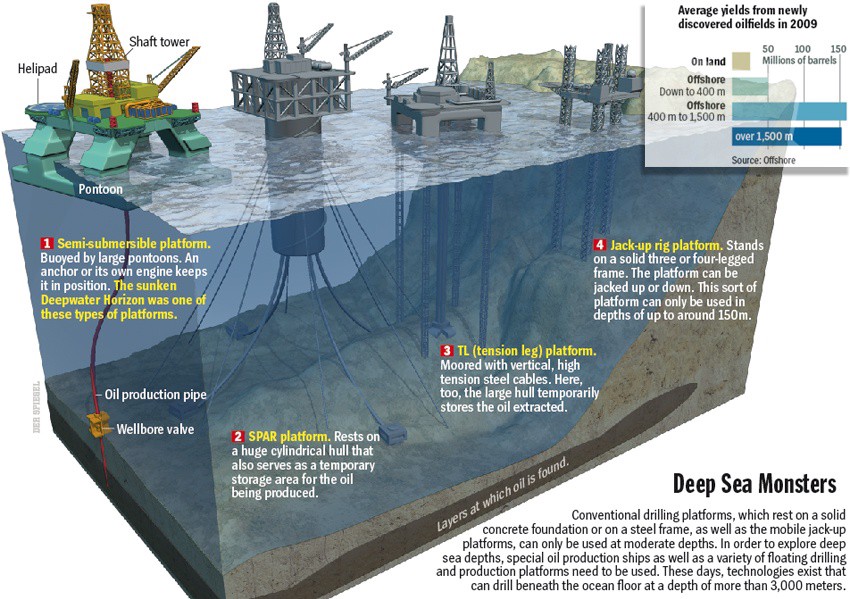
Major pros and cons of deepwater oil drilling
Pro: Offshore drilling allowed to increase oil production
With the further development of the offshore oil drilling and the increased percentage of petroleum that comes from the deepwater wells, the supply of oil jumped up. This factor provided more confidence in the world?s future, as its reliance on petroleum makes the people quite vulnerable in the view of the shrinking reserves of this valuable, yet non-renewable natural resource.
Offshore drilling created a bunch on new local, often high-paying skilled jobs in the countries that desperately needed it. Sometimes the entire towns are built for families of workers operating the equipment of a local well. And that?s one of the sides of the fossil fuel production and traditional heavy industries that make it rather difficult and unpopular to transition to greener practices.
A lot of experts note that the increase of oil production at the expense of the deepwater drilling is a rather stimulating factor for world?s economy, the development of science and advanced technologies.
Furthermore, as the demand for oil didn?t really change with the increase of its supply, the prices on the petroleum market went down. It meant that the expenses of all productions that use oil as a resource in this or that form decreased, just as the prices for according products/services.
Con: The process of oil extraction is more expensive and dangerous than the onshore drilling
The deepwater oil drilling requires special equipment, which is more expensive than the setup of a conventional onshore well. It?s also related to enormous risks, especially for the workers operating the well. The accidents on offshore wells are much more hazardous, as well as more difficult to eliminate due to the greater distance between the actual oil drilling site and the emergency services? location.
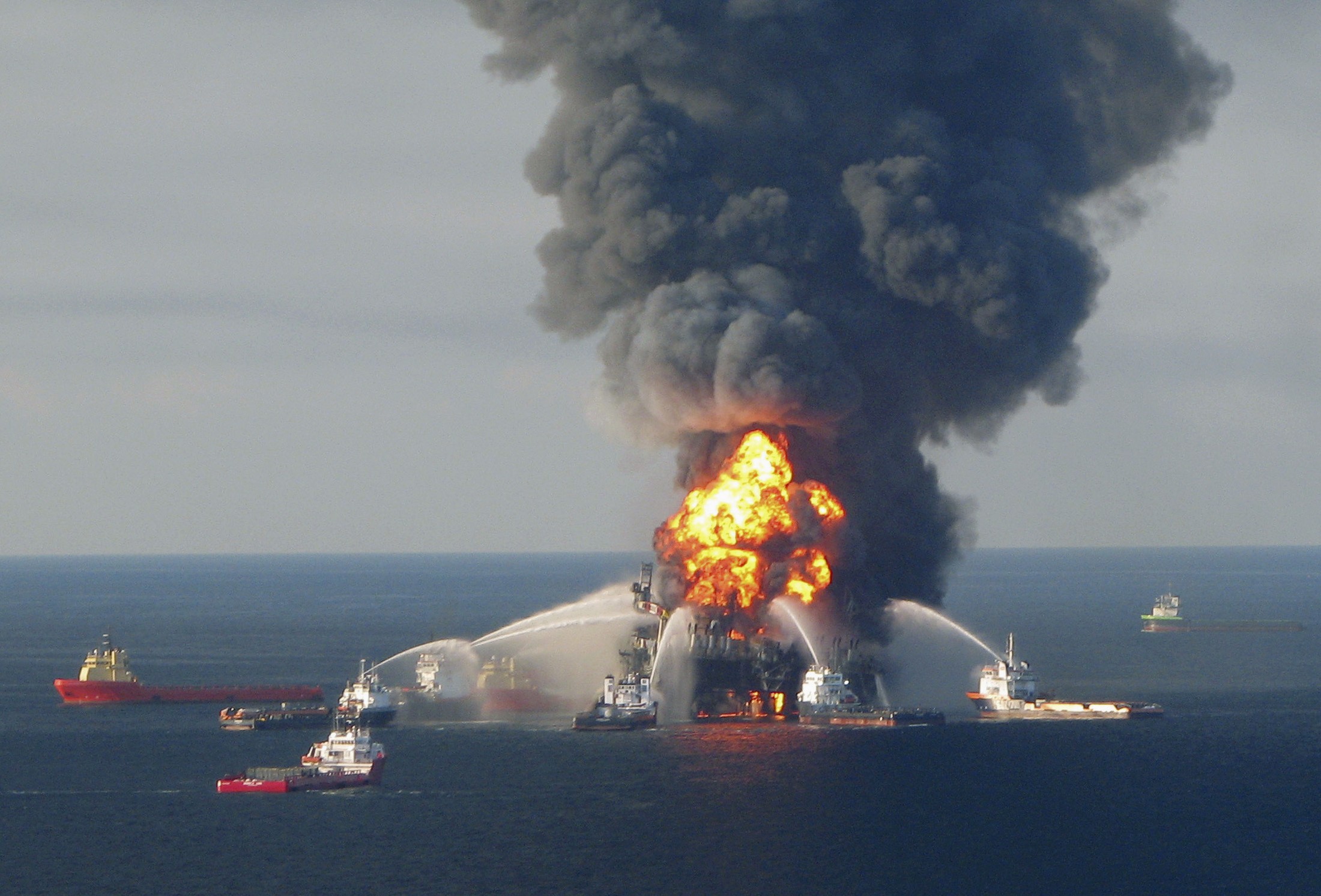
Con: The environmental damages are still unavoidable
The conditions on the offshore well make the accidents rather hard to contain and generate mass pollution. Oil spills harm the sea life. When the emergency crews don?t manage to clean up the spill and contain an accident within a short period of time, a massive dead zone in the middle of the ocean appears.
But the offshore oil drilling is quite harmful not only when the accidents on deepwater wells or transporting tankers happen. The process of setting up the well equipment leads to the biosphere damage. In addition to that, toxic chemicals like mercury are released in the water due to the actual deepwater oil extraction. Seismic waves triggered by the process of drilling are harmful to many sea mammals. In fact, those waves are among the primary reasons why so many whales and dolphins beach themselves and die on the shore. The petroleum plants contribute to air and water pollution as well. That?s why deepwater oil drilling is quite controversial, and, just as any production/use of fossil fuels, makes people promote the employment of green, renewable energy.
Pro: It provides countries with the energy independence
Energy independence is a goal of each country, but naturally, not everyone is able to afford that. Currently, most of the oil present on the market comes from the major petroleum nations ? OPEC. It means that those who produce oil and gas have the power to control the importers to a certain extent and shake the world markets by imposing artificial shortage of gas/oil whenever needed.
With the introduction and further development of deepwater oil drilling, more nations get the opportunity to explore the world ocean for the black gold, become more self-reliant in that spectrum and restore at least a part of their energy independence. At the same time, the difficulties with the equipment that?s designed to extract oil from the high depths, its reliability and the cost makes the introduction and effective development of the deepwater oil reserves quite difficult for those countries, who, in theory, could totally reach great results.
Luckily, the progress in this sphere is quite noticeable, as experienced engineering companies like Triol Corporation are continuing their studies, product improvements and offer modern, long-lasting and energy effective manufacturing equipment for the petroleum industry. The engineers hope to achieve the point when the cost of the ultra-deepwater oil drilling is low enough to make the industry not just self-sufficient, but rather profitable. Environmental sustainability and safety are among their main objectives as well. The ultra-deepwater reserves are definitely worth the effort.
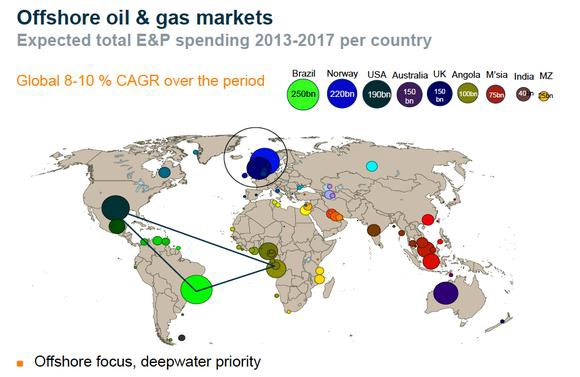
Pro: Deepwater drilling promoted the growth of certain nations
As mentioned above, deepwater oil drilling is seen as a chance to become self-reliant in the energy sphere, increase the nation?s wealth, introduce technological advancements and create more jobs by many governments who have an access to the reserves. It?s not a secret that modern major oil exporting countries rose up and improved the citizens? wellbeing after the discovery of their petroleum reserves. It?s also true that the onshore oil reserves are mostly discovered and located in certain regions of the planet.
But, if a certain third-world nation managed to employ its oceanic oil reserves to the utmost extent, it would obtain the chance to grow into a rich post-industrial country. The location of deepwater oil reserves definitely leaves such an opportunity open.
Conclusion
Deepwater oil drilling certainly has some benefits and promises significant economic advantages. The downside we cannot stop paying attention to is the environmental impact it carries. As the humanity is yet unable to step away from the use of fossil fuels, the technological improvement in oil drilling is rather important.
